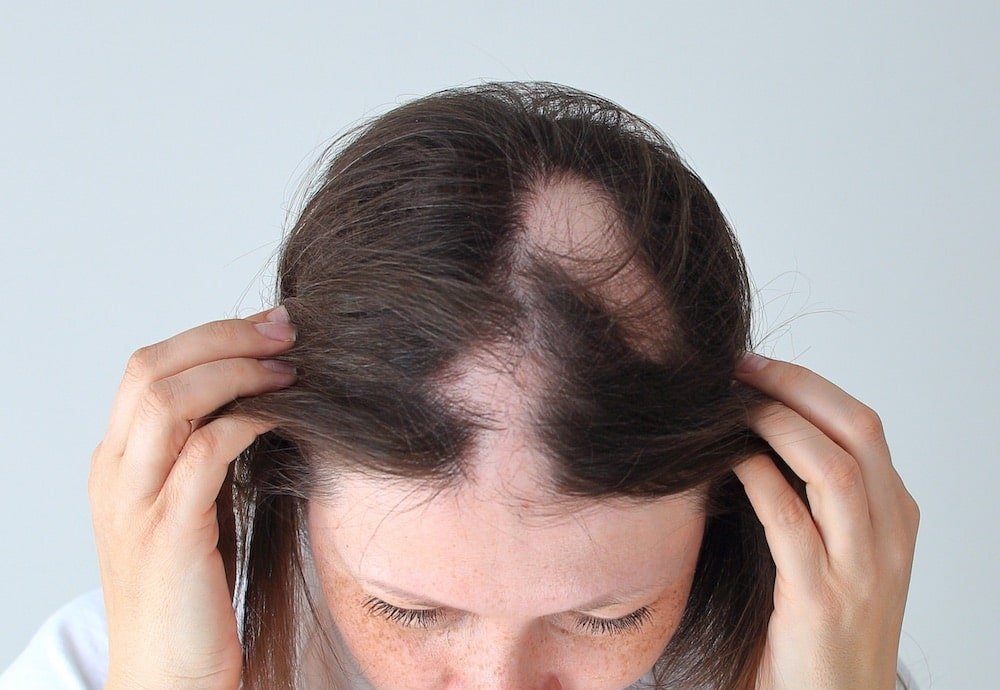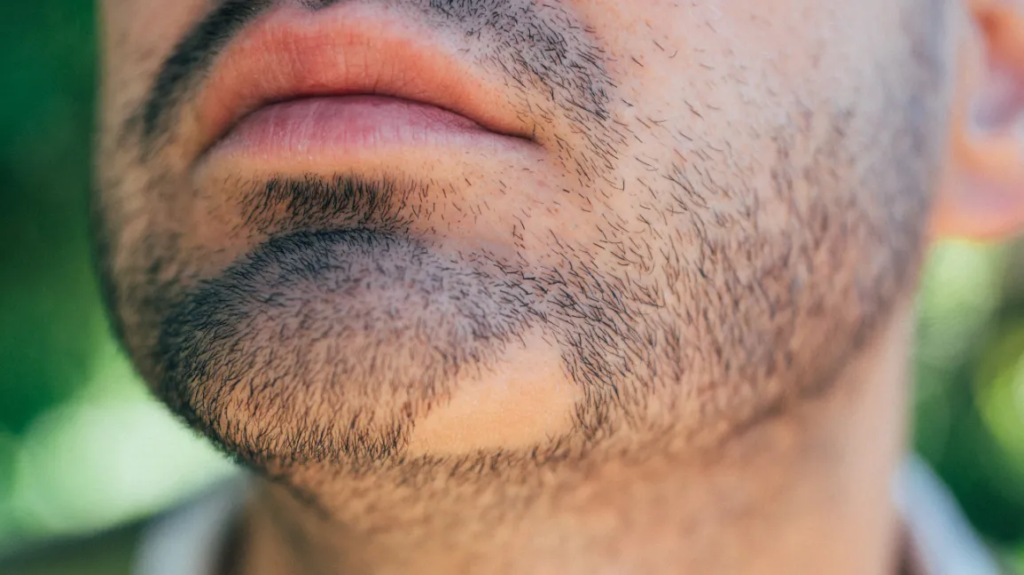What Is Alopecia Areata
Alopecia areata is a type of hair loss that can affect people of all ages and occurs when the immune system mistakenly attacks the hair follicles, causing hair to fall out in small, round patches. It is an autoimmune disorder, which means that the body’s immune system mistakenly attacks healthy cells in the body. In the case of alopecia areata, the immune system attacks the hair follicles, causing hair to fall out.

Cause Of Alopecia areata
The exact cause of alopecia areata is not fully understood, but it is thought to be related to a combination of genetic and environmental factors. Some research suggests that alopecia areata may be triggered by certain infections, stress, or other environmental factors that can trigger the immune system to attack the hair follicles.
Alopecia areata In Children & Adults
Alopecia areata is an autoimmune disorder that causes hair loss in children and adults. It occurs when the immune system mistakenly attacks the hair follicles, causing hair to fall out in small, round patches. While the exact cause of alopecia areata is not fully understood, research suggests that a combination of genetic and environmental factors may be involved.
Symptoms Of Alopecia Areata
Symptoms of alopecia areata include the sudden onset of hair loss in small, round patches on the scalp or other areas of the body. The hair loss is usually patchy and may be accompanied by a tingling or burning sensation on the scalp. In some cases, hair loss may be more extensive and can involve the entire scalp or body.
Cure Of Alopecia Areata
There is no cure for alopecia areata, but there are treatment options available to help stimulate hair growth and prevent further hair loss. The most common treatment for alopecia areata is topical or injected corticosteroids, which can help to suppress the immune system and stimulate hair growth. Other treatment options may include immunotherapy, which uses medications to help modify the immune system and promote hair growth, or light therapy, which uses specific wavelengths of light to stimulate hair growth.
In some cases, alopecia areata may resolve on its own, with the hair growing back within a few months. However, for many people, the condition is chronic and may require ongoing treatment to manage hair loss and stimulate hair growth.
Emotional Impact Of Alopecia Areata
The emotional impact of alopecia areata can be significant, as hair loss can affect a person’s appearance and sense of self. Many people with alopecia areata may feel self-conscious about their appearance and may experience anxiety or depression as a result. It is important for individuals with alopecia areata to seek support from loved ones and seek treatment from a healthcare provider to manage the emotional impact of the condition.
Help For Alopecia Areata
There are also several support organizations and resources available for people with alopecia areata. These may include support groups, online communities, and resources for finding wigs and other hair loss solutions.
It is important for individuals with alopecia areata to take good care of their scalp and remaining hair to promote healthy hair growth and prevent further hair loss. This may include using a gentle shampoo, avoiding harsh hair treatments, and protecting the scalp from the sun and other environmental factors.
Conclusion Of Alopecia Areata
Overall, alopecia areata is a common and treatable condition that can affect people of all ages. While there is no cure for alopecia areata, there are treatment options available to help stimulate hair growth and manage hair loss. It is important for individuals with alopecia areata to seek support and treatment from a healthcare provider to manage the physical and emotional impact of the condition.
Read More –

